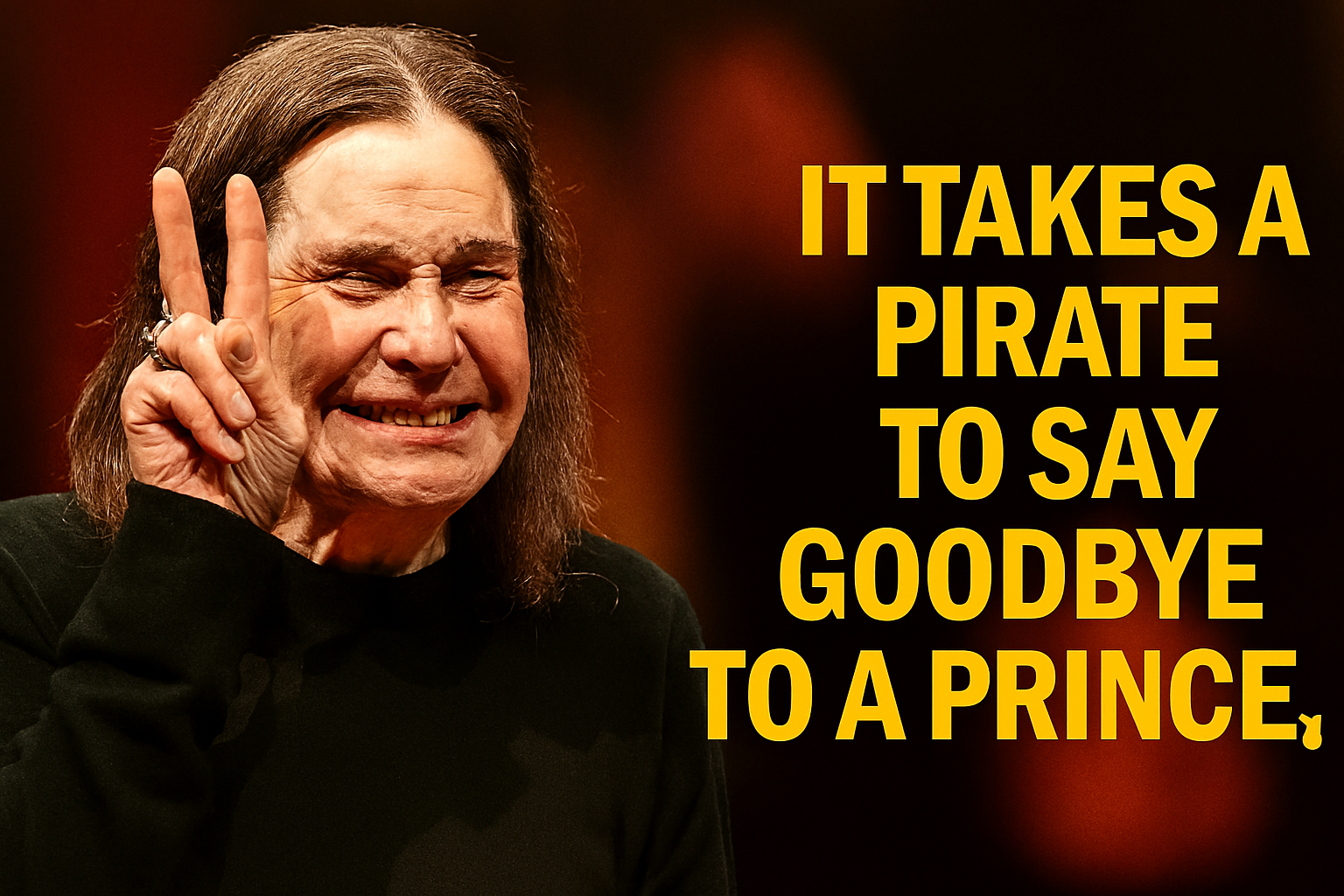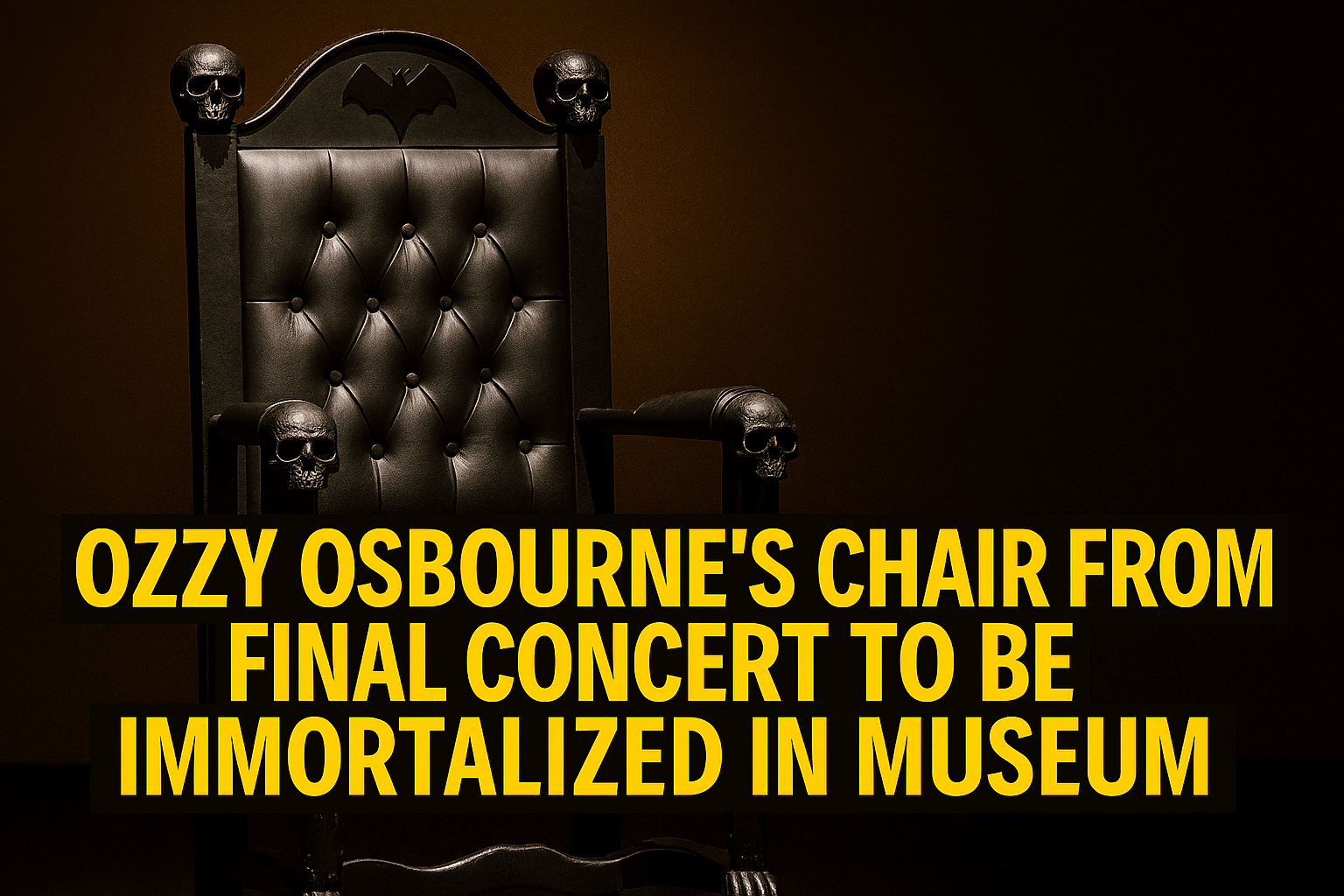There are goodbyes that are polite and proper, and then there are farewells that wear leather, spit whiskey, and grin through the smoke. When a pirate salutes a prince, the gesture is not ceremonial polish — it’s a crooked salute born of hard living, shared mischief, and a lifetime of stolen moments. It is the kind of goodbye that looks you in the eye, lifts a flask, and winks, as if to say: we burned bright, and we did it our way.
The pirate’s farewell carries the tang of salt and the scent of distant ports. It is a swaggering bow that refuses to soften into sentimentality. The pirate knows the map by heart and has spent nights beneath the same stars that once guided a thousand reckless decisions. That memory is braided into the gesture; the salute is a rope-knit tether between the life lived and the life remembered. It is both irreverent and tender, an act calibrated for those who understood the rules were optional and that love, for all its softness, sometimes needed an edge.
The prince receives that salute with a crooked smile and a nod, because princes, too, are shaped by contradiction. A prince may carry titles and honors, but he also carries scars you cannot see from the throne. He has learned to rule a private kingdom of wounds and triumphs, to temper command with quiet kindness, and to make room for those who live at the margins. When a pirate offers a final, roguish salute, the prince answers not with ceremony but with recognition. The crown is weighty, but gratitude is lighter than pure protocol. In that instant, rank dissolves into human fellowship.
What makes this kind of farewell unforgettable is the narrative it condenses into a single moment. The pirate’s grin contains a thousand nights of jukebox anthems and busted amps, of stages lit by halogen and bloodshot eyes full of affection. The prince’s bow carries the memory of audiences, of songs that taught generations how to rage and how to grieve. Their exchange is a compressed epic: histories acknowledged, debts repaid, and permission granted to move on without regret.
There is also a humility in such goodbyes. Neither party pretends invincibility. The pirate’s swagger is a choice, not a denial; the prince’s dignity is a decision, not a mask. Both have grown wise enough to see value in the other’s authenticity. The pirate salutes because he recognizes honesty in the prince’s final acts, and the prince accepts because he understands that legend was never forged in comfort. It was carved out of risk, persistence, and an unshakable refusal to perform for anyone other than the truth.
The theatricality of such a moment is irresistible. Picture the lights dimming, the chords hanging like last breaths, and then the two figures — rough and regal — sharing a private joke before a public farewell. The crowd, having witnessed countless spectacles, feels the shift: this is not a stunt but a benediction. It is the chemistry of character and charisma, the meeting point of two lives that defined a sound and a sentiment. From the outside, the salute may seem irreverent; up close, it reads as sacrament.
And there is a lesson in that lesson: endings can be beautiful precisely because they are messy. Clean endings are tidy, but tidy endings are often hollow. Real life accumulates contradictions; it holds tenderness and transgression in the same breath. A pirate bending a knee to salute a prince is a compact sermon on reconciliation: the bravado of youth makes space for the gravity of age; the crown bows to the streetwise grin that never fully softened. It’s a reminder that respect and irreverence can coexist, and that grief, when honest, can include a laugh.
We also see, in that crooked grin and roguish salute, a permission to remember imperfectly. Memory is not a museum exhibit cleaned and tagged; it is a living archive of moments that burn brighter the more we return to them. To commemorate someone with a waxen statue is to rob them of the rough edges that made them luminous. The pirate’s salute honors the messy textures of a life: the riffs that weren’t always polished, the lyrics that landed like punches, the nights that ended in confessions at dawn. It says: keep the good parts, the bad parts, and all the parts that made us feel alive.
Finally, there is a humanity in choosing a farewell that feels true to one’s story. A rote goodbye would have been easier to stage, easier to sell. But the pirate and the prince chose authenticity. Their exchange was not curated for maximum clicks; it was heartfelt and unafraid of the contradictions it revealed. In doing so, they left an impression far stronger than any scripted tribute could. The image — a crooked grin, a roguish salute, a final bow — is indelible because it refuses to sanitize what it honors.
So when a pirate says goodbye to a prince, it is not merely an ending. It is the conclusion of a shared narrative written in sweat, applause, and stubborn warmth. It’s a final, defiant flourish — a salute that refuses to be anything other than itself. And if legends must go, let them go with the skirts of their reputations trailing in the wind and a pirate’s grin breaking the dark.










